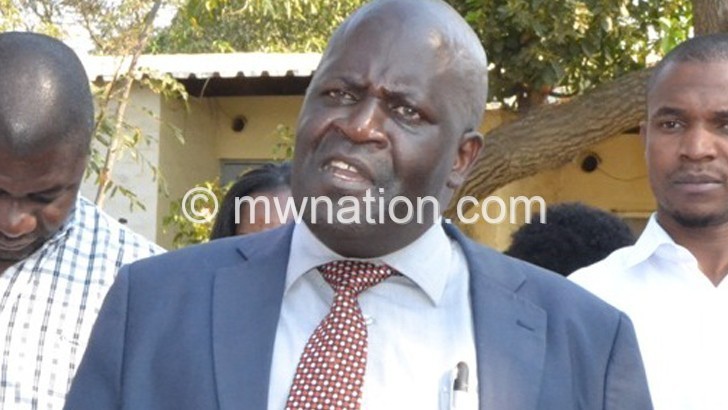Parliament says Escom is a failure
The Agriculture, Irrigation, Natural Resources and Climate Change Parliamentary Cluster Committee on Tuesday called Electricity Supply Corporation of Malawi (Escom) a disappointment.
According to the committee, the sole power supplier has failed to connect customers to the national grid and to manage blackouts.

But Escom officials argued that they are failing to work efficiently because the parastatal is saddled with debts and high population growth.
Officials from Escom and Electricity Generation Company of Malawi (Egenco) appeared before the committee to explain what they plan to do to improve the energy sector in the 2019/20 financial year.
In an interview after the meeting, co-chairperson of the cluster committee Werani Chilenga said Escom is a total failure.
“Escom has failed to connect people and even the delivery of their service is a total embarrassment. They are saying they have failed because they don’t have enough resources. This is not true, they are just failures,” he said.
Last year, Escom asked for a bailout of K53 billion from Treasury, but was turned down. Thereafter, the parastatal borrowed K30 billion from banks to settle some of its debts, including the K17 billion it owed Egenco. Thereafter, Escom remained with a debt of K24 billion.
Escom director of distribution and customer services Alfred Kaponda attributed its financial status to inefficiencies and population growth.
“Currently, access to electricity is [less] than what we want. The reason is that we are struggling to cope with population growth at the same time, the cost of connecting customers is high,” he said.
The World Bank recently said unless there is autonomy of utility bodies in the country, both the water and electricity sectors’ inefficiencies will continue creating a hidden fiscal burden.
The World Bank’s Malawi Economic Monitor released in June this year cited weak financial position of utility bodies which hinders their ability to expand access and to ensure reliable service delivery.
“Both the water and electricity sectors are burdened with excessive State representation, which limits independent decision-making in areas such as recruitment, procurement and financial management,” reads the report in part.
The Bretton Woods institution called for strengthened corporate governance to ensure transparency and accountability. It also suggested that government should ensure that all ministries, departments and agencies are put on pre-paid metering system to minimise the accumulation of unpaid bills and provide incentives to service providers to reduce operational inefficiencies.





